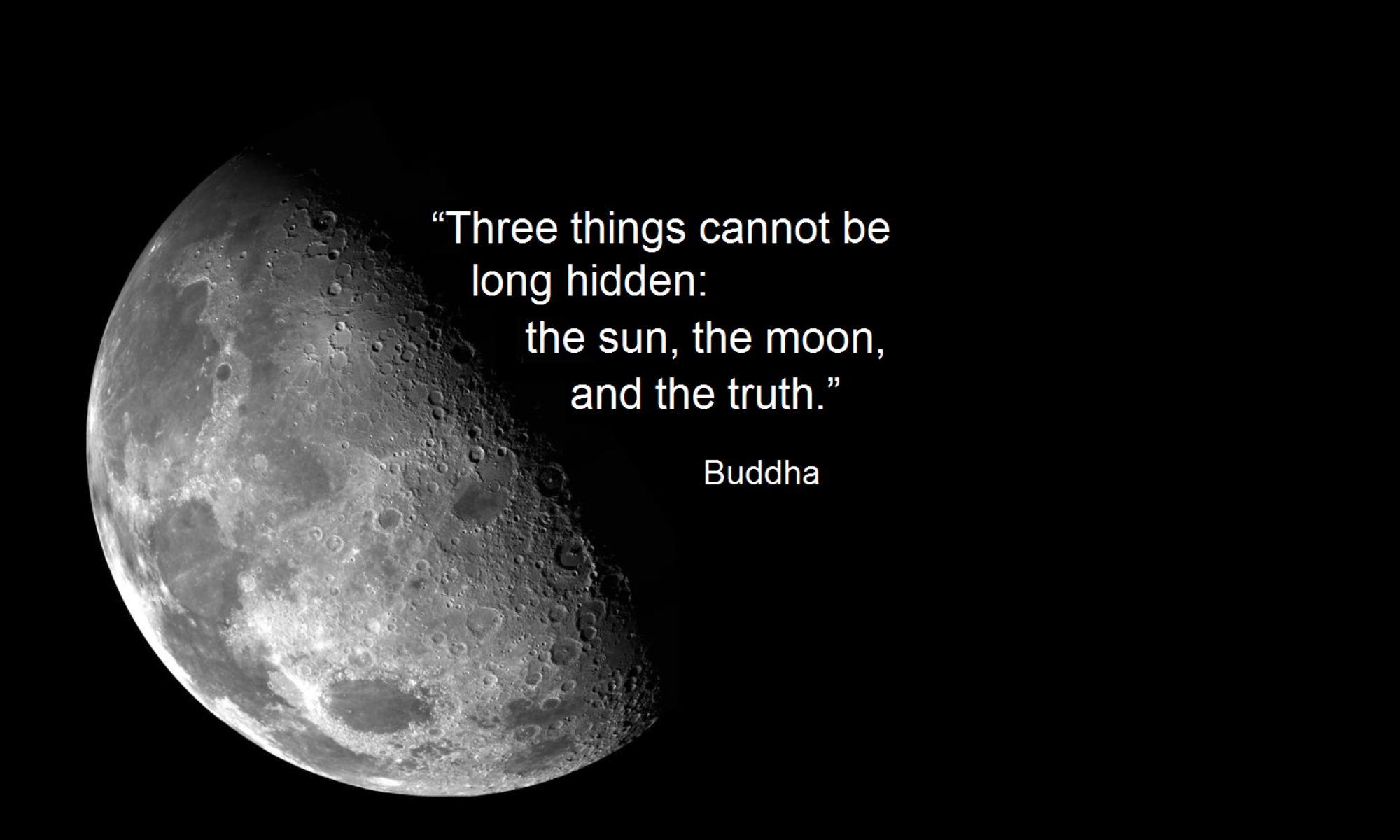Dr. Lanka: …In the late 1960’s and early 1970’s they started to think about this because molecular biology took over modern medicine, and argued — against the existing body of knowledge, of facts — that cancer is caused by infectious entities: by viruses, or mutations, or viruses causing mutations. They ignored the fact that cancer has something to do with oxygen deficiencies, which had already been established by Otto Warburg’s research.
Warburg had received his first Nobel Prize demonstrating how a cell is able t o produce much more energy than in the process of fermentation, using oxidative respiration. And he had received his second Nobel for proving that cancer is characterized by the process of fermentation; that oxidative respiration is not taking place in cancer. And this has been just ignored.
So in 1970, when they proved that reverse transcription does happen and they discovered the enzyme, reverse transcriptase, which does it, they wouldn’t give up the dogma. They changed it slightly and said there is an exception; and that it was associated with the existence of a new class of viruses called retroviruses, which they cannot prove exist in other ways.
Zenger’s: When would you date the beginnings of this mistake, what you call the dogma? How long has it been the dominant paradigm?
Dr. Lanka: I think it really started in the 1960’s, when the retrovirologists were being supported by President Nixon in the “War on Cancer.” This was the first time incredible amounts of money were poured into this kind of research. These elite schools of thought came into existence, dominating everything, and of course they had success with the mass media because they were dealing with cancer.
When they claimed that retroviruses were the cause of cancer, of course they developed chemotherapy against it. But soon they had to give up the idea of cancer being caused by viruses because they saw that reverse transcriptase and reverse transcription occur everywhere they’re look for it. They found it’s a common characteristic of all forms of life, especially for cancer cells, and in fact it’s a repair mechanism.
So silently, slowly but surely, they stopped speaking about those cancer-causing viruses anymore, but came up with a completely new idea of what is causing cancer, saying it’s a weak immune system.
When immunology, as its own biological discipline with is own faculty came into existence, people claimed that they were able to measure the strength of the immune system by measuring lymphocytes in the bloodstream.
Of course, thousands of studies had been carried out in the ’70’s saying that the white blood cell count never correlated with any disease or with any age. But, even so, they claimed that cancers come to existence by accidental mutations everywhere in the body, and the immune system is suppressing cancer.
And when the T4 cells are out of order with something else in the immune system, the immune system cannot suppress cancer anymore. And this was the immune surveillance theory of cancer, which was wrong already at the moment they announced it; because they knew already by then that cancer cells have no specific markers on their surface. They have the same protein markers on their surface as embryonic cells.
Zenger’s: I remember that was a question the AIDS experts got asked at some of the very early meetings, in the early 1980’s: “Well, if it’s a breakdown of the immune system, why don’t you get colds all the time? Why don’t you get flus all the time? Why don’t you get these common infectious diseases all the time? Why is it just these really esoteric things like PCP and KS and CMV and MAI and whatever?
Dr. Lanka: That’s it. The only diseases seen in people with AIDS are the ones tropical disease specialists have specialized in, Those are unicellular organisms which came into existence in evolutionary times when there was not as much oxygen in the atmosphere as there is today. So they can only grow in people who are depleted of oxygen. And that’s it, why they show up there, even when the immune functions are absolutely perfect.

ENDOGENOUS